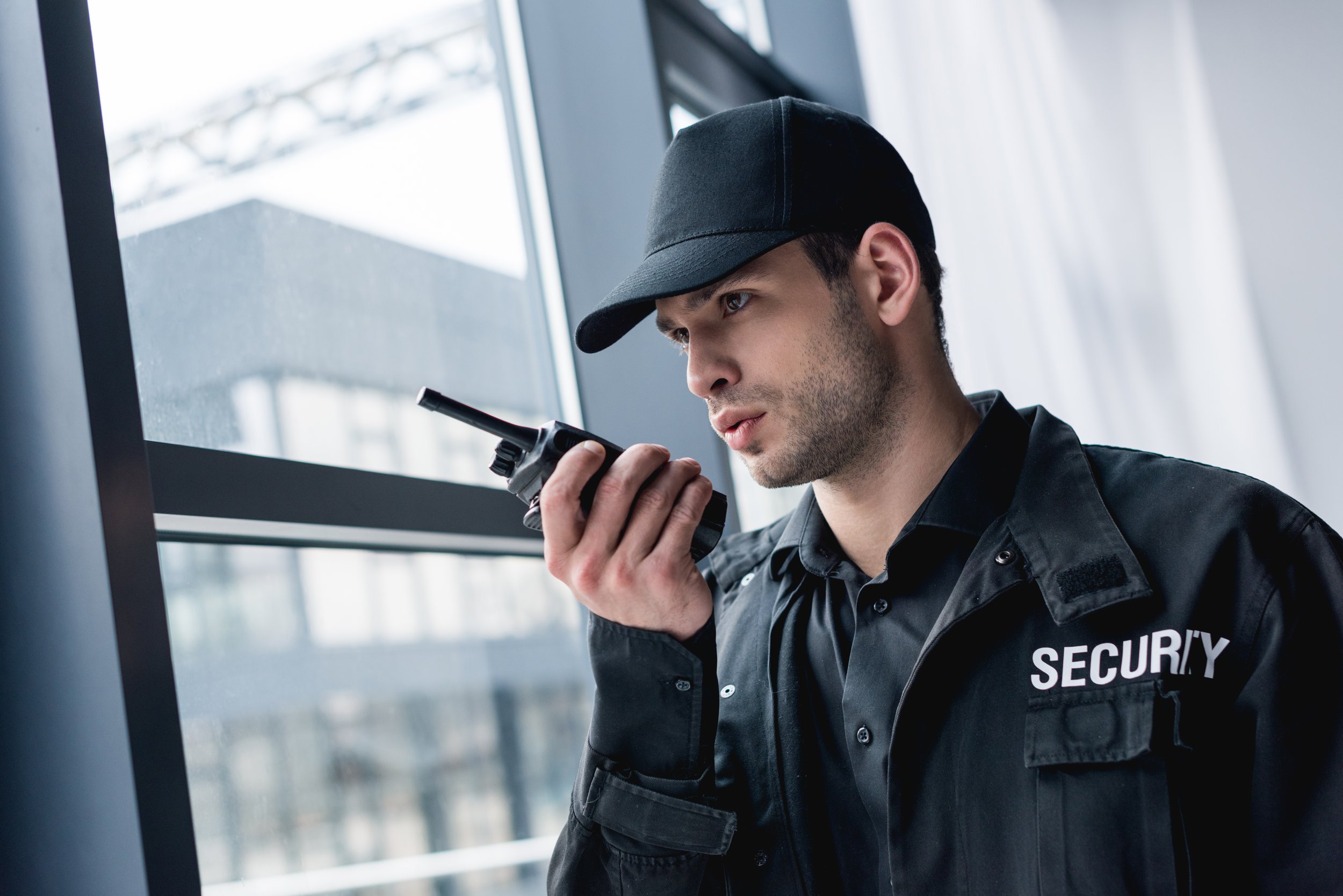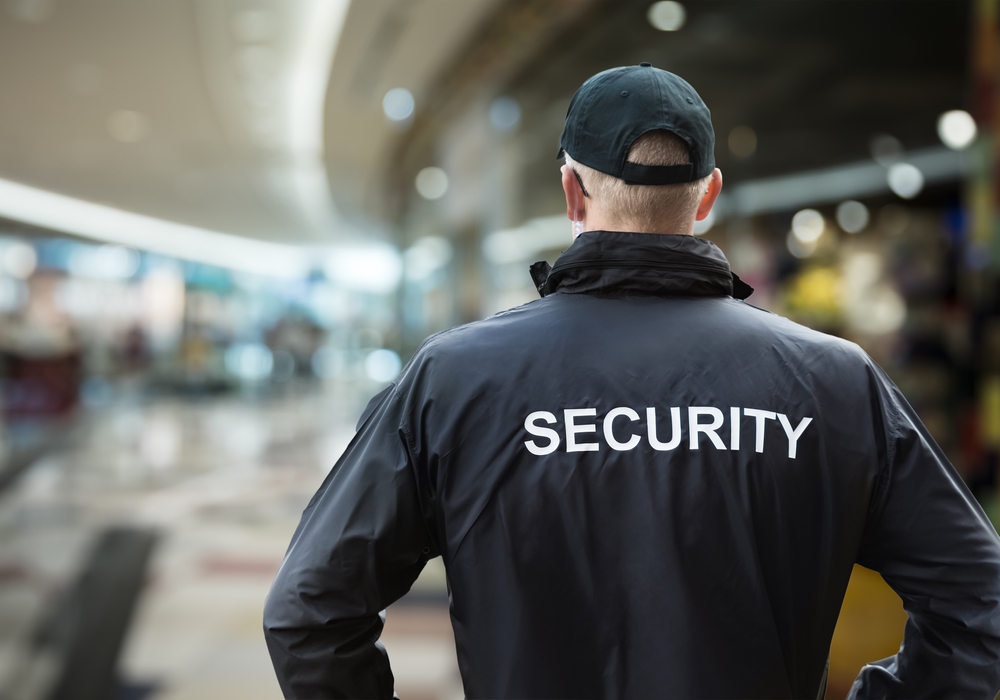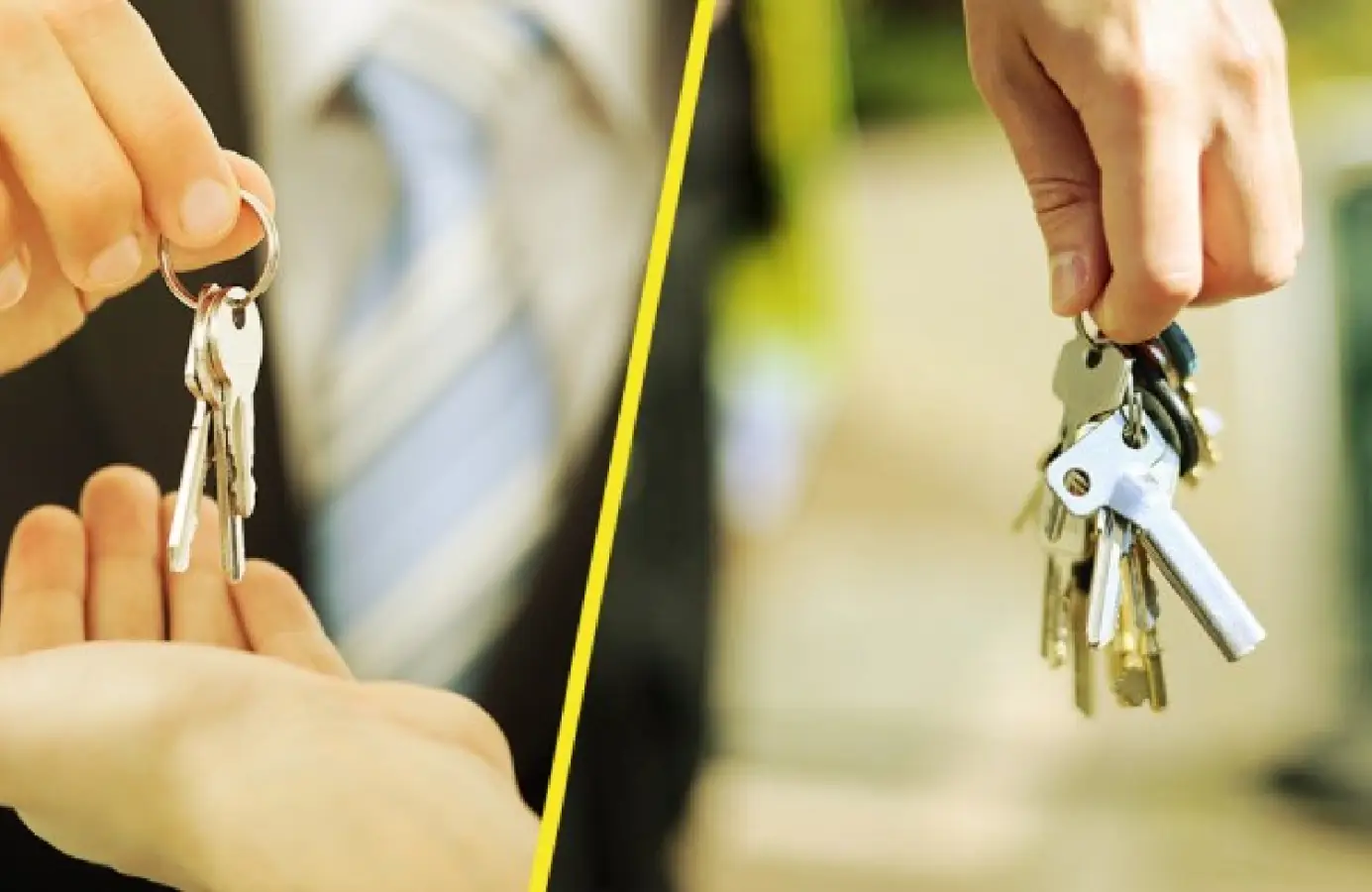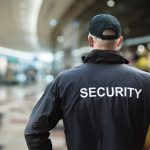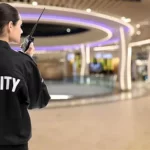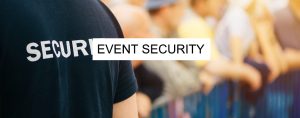In the hospitality industry, providing a safe and secure environment is as important as offering comfort and luxury. Hotels are bustling environments that host numerous guests daily, making them vulnerable to various security risks. Protecting your guests and property should be a top priority to maintain a positive reputation and ensure the safety of everyone on the premises. Here are essential hotel security tips that every hotelier should implement to safeguard their establishment.
1. Conduct Regular Security Audits
The first step in ensuring hotel security is to conduct regular security audits. These audits help identify potential vulnerabilities in your security system. By assessing areas such as surveillance, access control, and emergency response protocols, you can pinpoint weaknesses and take corrective actions. Regular audits also help keep your security measures up to date with the latest technologies and practices.
2. Implement Advanced Surveillance Systems
Surveillance cameras are a fundamental aspect of hotel security. Install high-definition cameras in strategic locations, such as entrances, lobbies, hallways, parking areas, and other common spaces. Ensure that the cameras are monitored by trained personnel who can respond quickly to any suspicious activity. Integrating your surveillance system with motion detection and real-time alerts can further enhance security.
3. Control Access to Restricted Areas
Hotels have numerous areas that should be off-limits to unauthorized personnel, such as storage rooms, staff areas, and maintenance facilities. Implementing an access control system with key cards or biometric authentication can help restrict access to these areas. Ensure that only authorized staff members have access to sensitive areas and regularly update access permissions.
4. Train Staff in Security Protocols
Your hotel staff plays a critical role in maintaining security. Conduct regular training sessions to ensure they are well-versed in security protocols, including how to handle emergency situations, recognize suspicious behavior, and use security equipment. Empower your staff to report any security concerns immediately and create a culture where safety is everyone’s responsibility.
5. Enhance Guest Room Security
Guest rooms are the most personal space in a hotel, and ensuring their security is paramount. Equip each room with high-quality locks, including deadbolts and electronic key card systems. Consider installing peepholes and security chains on doors. Additionally, provide safes in rooms for guests to store their valuables securely. Remind guests to lock their doors and secure their belongings whenever they leave the room.
6. Improve Lighting in Key Areas
Well-lit areas are less attractive to criminals. Ensure that all entrances, parking lots, walkways, and other critical areas are well-lit, both inside and outside the hotel. Use motion-sensor lights in areas that may not require constant illumination but need to be brightened when someone is present. Proper lighting not only enhances security but also contributes to a welcoming atmosphere.
7. Monitor and Secure Parking Areas
Parking areas are often overlooked in hotel security plans, but they can be hotspots for criminal activity. Monitor parking lots with surveillance cameras and employ security personnel to patrol these areas regularly. Implement barriers, gates, or ticketing systems to control access to parking facilities. Additionally, ensure that parking areas are well-lit and clearly marked to help guests feel secure when accessing their vehicles.
8. Prepare for Emergencies
Being prepared for emergencies is essential for protecting your guests and property. Develop comprehensive emergency response plans that cover scenarios such as fire outbreaks, medical emergencies, natural disasters, and security threats. Train your staff in these procedures, conduct regular drills, and ensure that all emergency exits are clearly marked and accessible. Provide guests with information on emergency protocols during check-in, so they know what to do in case of an emergency.
9. Offer Secure Wi-Fi Access
In the digital age, cybersecurity is as important as physical security. Ensure that your hotel’s Wi-Fi network is secure and protected from unauthorized access. Use strong encryption methods and require guests to log in with unique credentials. Additionally, educate guests about online safety, such as avoiding unsecured networks and being cautious with personal information when using public Wi-Fi.
10. Collaborate with Local Law Enforcement
Building a strong relationship with local law enforcement can enhance your hotel’s security. Establish a line of communication with the police and invite them to tour your property so they are familiar with the layout in case of an emergency. Local law enforcement can also provide valuable insights into crime trends in the area and offer suggestions for improving your security measures.
Conclusion
Protecting your guests and property is a multifaceted task that requires a combination of advanced technology, well-trained staff, and proactive planning. By implementing these essential hotel security tips, you can create a safe and secure environment that enhances your guests’ experience and protects your hotel’s reputation. In an industry where safety is a top priority, investing in robust security measures is not just a necessity—it’s a commitment to excellence in hospitality.
